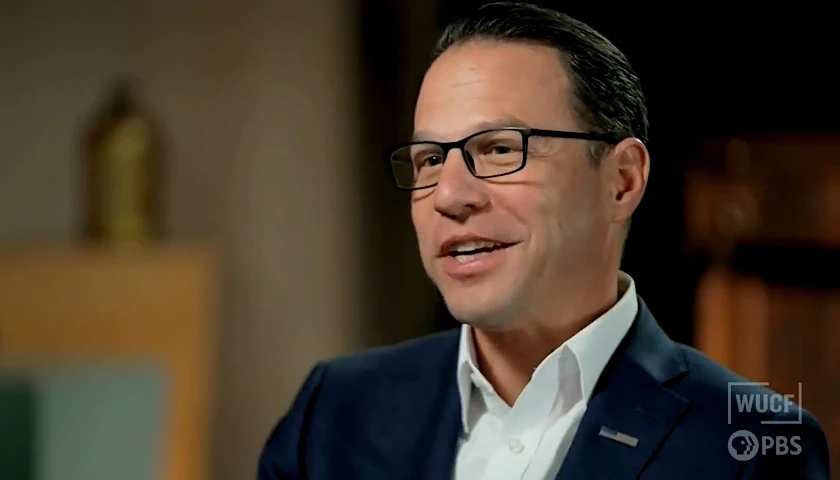by Gabrielle M. Etzel
Pennsylvania’s new Governor Josh Shapiro issued an executive order last week that removes four-year degrees from 92 percent of government jobs.
Shapiro stated that this initiative will open approximately 65,000 jobs in the state to those without college education, he announced on Twitter.
The Shapiro Administration is “not wasting a second.”
“The Commonwealth is committed to increasing economic opportunity for all people of Pennsylvania,” says the executive order, “by creating new pathways to public employment.”
The new policy is the first step in “modernizing the Commonwealth’s hiring model to a model focused on skill, competency, and practical experience rather than just educational background” and will emphasize “equivalent experience needed in lieu of a college degree wherever possible,” according to the executive order.
Pennsylvania is the most recent in a string of states that have announced similar plans to eliminate degree requirements for government jobs.
In March 2022, then-Governor of Maryland Larry Hogan announced his state’s plan to remove degree requirements for a multitude of state jobs in customer service, IT, and administrative tracks, according to NPR.
NPR quoted Hogan saying it is “more important than ever that we work together to find new ways to build a steady pipeline of talented, well-trained, skilled workers for the jobs of the future.”
Utah Governor Spencer Cox announced in December 2022 that his state would also be dropping four-year degree requirements for state government jobs.
“[E]liminating bachelor’s degree requirements will broaden access to qualified talent and expand employment opportunities to attract diverse candidates, including underrepresented groups,” according to the press release announcing Cox’s decision.
“A degree should not be the only way to get a good paying job or have a fulfilling future,” the press release continued
The Burning Glass Institute, a non-profit organization that studies workforce trends, contends in their February 2022 analysis that “demand for bachelor’s and post-graduate degrees is starting to decrease perceptibly” across the majority of private sector professions as well.
Part of the devaluation of a degree in the job market is the diminishing quality and increasing cost of a college education.
Higher Education Fellow Nicholas Giordano argues that “as four-year institutions continue to push a far-left agenda, students are not learning the practical skills needed in the workplace.”
New York University Professor Jonathan Haidt also observes that managers find it “very difficult to supervise their Gen-Z employees [and] give them feedback.” Woke colleges only exacerbate these latent tendencies, making applicants who have been toughened by real-world experience more valuable in the job market.
– – –
Gabrielle M. Etzel serves as a Reporter for Campus Reform. In 2019, Gabrielle earned her bachelor of arts in political science with a minor in economics from Grove City College and in 2022, earned her masters of public policy and administration from Baylor University.
Photo “Josh Shapiro” by Josh Shapiro. Background Photo “Pennsylvania State Capitol” by Dough4872. CC BY-SA 4.0.






Interesting. My experience with state employees – even with 4 year degrees – is that they are underperformers and lazy. I have to wonder what will happen in PA now.